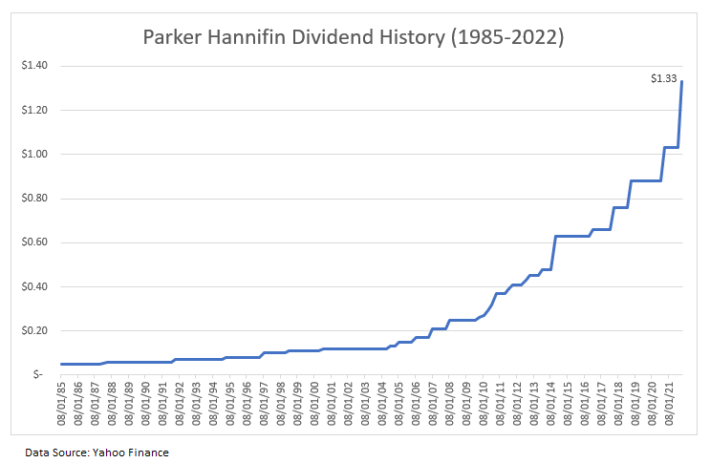Contrary to what I used to believe before I researched this article, 19th-century French novelist Honoré de Balzac did not say, “Behind every great fortune lies a great crime.” Yet he is often thought to have said it and certainly a fair number of people, especially on the left, seem to believe it. Indeed, although my father, a public school teacher, never said it explicitly, he seemed to attribute even small fortunes to some kind of crime. He was suspicious of businessmen who earned just 20 percent more than he did. I picked up some of his views on this. Thank goodness I studied economics.
I thought of all this when watching this year’s Super Bowl. I had bet on a friend’s Facebook site that we would see Taylor Swift eleven times. Midway through the fourth quarter, I lost track at eight because the game was so exciting. But the presence of Taylor Swift got me thinking about what I had thought Balzac had said and about what French economist Thomas Piketty came close to saying. Although Piketty references Balzac many times in his magnum opus, Capital in the Twenty-First Century, Piketty comes closer than Balzac to casting aspersions on people who get rich. So the question I want to address, and then widen to other successful people, is “Did Taylor Swift become a billionaire illegitimately?”
These are the opening 2 paragraphs of David R. Henderson, “Piketty Vs. Taylor Swift,” Defining Ideas, February 22, 2024.
And:
The Swifties, as they are often called, are intensely devoted fans of Taylor Swift from around the world. Although the typical Swiftie is a young girl, I sometimes run into middle-aged, and even older, men and women who are intense fans. When they consider buying one of her products, they almost certainly do what consumers of other products do: compare the price they must pay to the value they get. A little economics is helpful here. The fact that millions of fans pay those prices means that they value the products more than what they must pay. They get, in economics jargon, consumer surplus, defined as the value they place on a product minus the price they pay.
And finally:
In a free economy, and even in a somewhat-free economy like that of the United States, a large percent of wealthy people’s wealth is gained in mutually agreeable voluntary exchange. Moreover, even though innovators often get very wealthy, most of the value they create is captured by consumers. It is unwise, therefore, to punish wealthy innovators with special taxes on their wealth. The novelists that Thomas Piketty quotes were good novelists. But they are hardly a guide to understanding how wealth is created and how it grows. Nor is Piketty’s book, with its proposed heavy taxes on wealth, a good guide to tax policy.
Read the whole thing.















